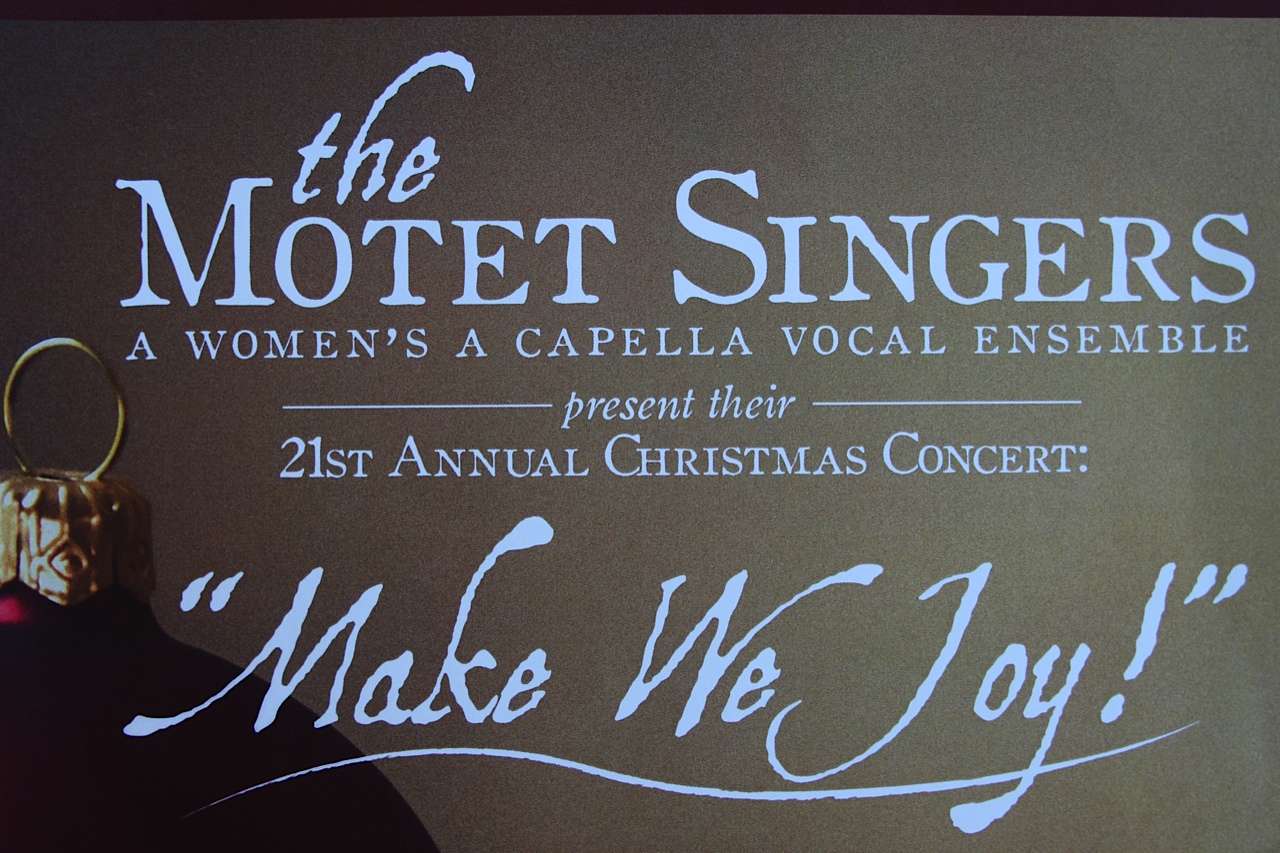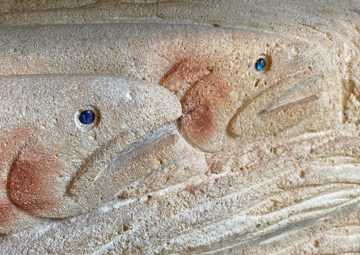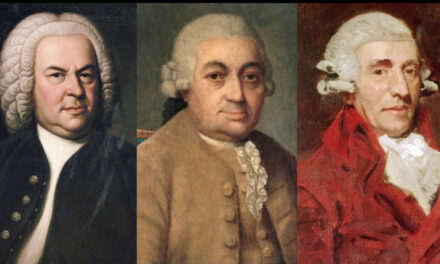By Randi Bjornstad
You’ll hear the occasional solo when you attend a concert of The Motet Singers, but most of the time their performance is typified by such a seamless rendering of the music they sing that one voice is indistinguishable from another.
That doesn’t just happen by accident. When there’s an opening for a new singer in the all-women a cappella ensemble — as there is at present in the alto section — one of the selection criteria is finding a voice that will blend perfectly with the rest of the group.
“That’s one of the challenges for making our group successful,” said Ingrid Wendt, who has sung second alto with The Motet Singers for 17 years. “Sometimes we have to hear several people before we find the one that is just right.”
For that reason, there will be 11 voices instead of the usual 12 when The Motet Singers give their 21st annual Christmas Concert, titled “Make We Joy,” at 4 p.m. on Dec. 11 at Ebbert Memorial United Methodist Church at 532 C St. in downtown Springfield. The group gives two concerts per year.
An audition to select a new member of the group — giving it three voices in four vocal ranges — will take place in January.
In the meantime, the group’s December concert will feature its traditional repertoire of music that spans several centuries and cultures, ranging from Medieval and Renaissance songs to favorite popular seasonal tunes.
Among the songs on the program will be several versions of “Ave Maria,” the 16th-century “Jesu Dulcis,” an adaptation of “Dance of the Sugar Plum Fairy” from Peter Tchaikovsky’s “A Nutcracker Suite,” several international carols and Irving Berlin’s “White Christmas,” and an audience singalong of several popular Christmas songs.
An enduring musical form
The meaning of “motet” in musical history is not clear — it dates to the Renaissance but also has roots in 13th-century Medieval musical forms — and is characterized by voices in several parts singing phrases that often move in counterpart to each other.
Musically, the motet is closely related to the madrigal. What set the two forms apart originally was language — words written in Latin were considered motets, while those in vernacular languages — mostly English, French or Italian — were called madrigals, even when their subjects, like the traditional motets, were religious.
The motet form remains popular with many modern composers, including Richard Strauss, Francis Poulenc, Ralph Vaughan Williams and Edward Elgar.
For this concert, The Motet Singers will draw largely from songs the group has performed during the past 20 years.
One of its members acts as the group’s librarian and prepares a long list of possibilities for the program, after which a selection committee — also chosen by the group —makes the final selections, Wendt said.
“The committee also chooses who will sing what solos, and it’s really a democratic process,” she said. “Anyone who wants to sing a solo tries out with the group, and then the selection committee chooses the voice they think fits the intention of the piece best — but our goal is to give everyone who wants to solo that experience.”
Anyone seeking to be a “star” might do well to look for a different group, Wendt said with a laugh, “because our goal in singing together is to be selfless, to be one voice.”
In addition to Wendt, the group includes Becky Bailey, Sara Brandt, Brooke Cagno, Julia Heydon, Siera Kaup, Cialin Mills-Ostwald, Cynthia Stenger Riplinger, Maureen Robeson, Laura Swanson, Sara Swanson.
The Motet Singers is a registered nonprofit organization. The group’s financial support, used to to purchase music and rent performance space, comes primarily from dues paid by its members, ticket purchases for concerts and CD sales.
The Motet Singers
What: “Make We Joy,” the ensemble’s 21st annual winter concert
When: 4 p.m. on Dec. 11
Where: Ebbert Memorial United Methodist Church, 532 C St. in downtown Springfield
Admission: $15, free to students and youths; doors open at 3:15 p.m.
Information: motetsingers@gmail.com









What a lyrical homage that respects and makes shine the human voice, imagination, and spirit.